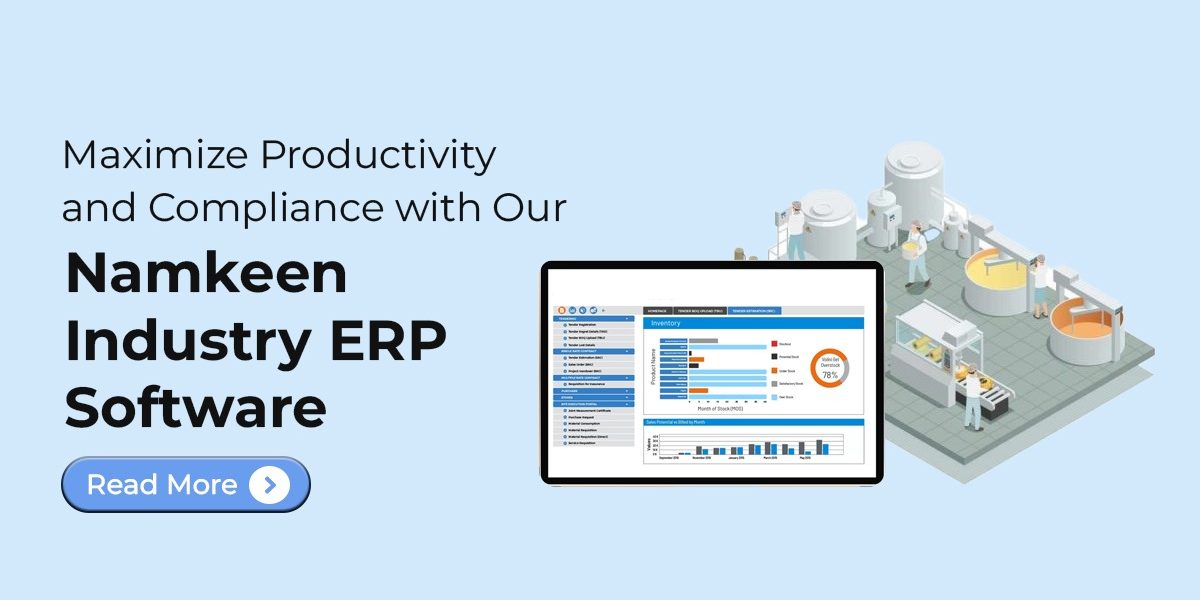In today’s business, it has become essential for enterprises to rely on data-driven insights for making strategic decisions. Enterprise Resource Planning (ERP) systems are one example of where data is crucial. However, it is not just about gathering data but also about comprehending the complexities of geo-demographics and using this knowledge to reshape ERP decisions. This blog will help you understand how geo-demographic insights will change ERP decisions and influence business.
Understanding Geo-Demographics
Geo-demographics is the study of demographic data about geographic locations. Businesses can gain profound insights into their customer diverse needs and behaviors by examining factors such as age, income, education, and lifestyle preferences within specific regions.
-
Personalized User Experience
The ability to tailor the user experience is one of the significant impacts of geo-demographic insights on ERP decisions. Understanding the demographic makeup of different regions allows businesses to tailor their ERP interfaces to the local audience. Personalization increases user engagement and satisfaction, leading to increased productivity and efficiency.
-
Demand Forecasting and Inventory Management
By recognizing regional variations in consumer preferences, geo-demographic data aids in accurate demand forecasting. With this information, ERP systems can optimize inventory levels based on localized demand patterns. As a result, businesses can reduce excess inventory while ensuring products are readily available in high-demand areas, resulting in improved customer service and lower operational costs.
-
Supply Chain Optimization
Geo-demographics are crucial in optimizing supply chain operations. Businesses can strategically position distribution centres and warehouses based on demographic data-identified regional demand clusters. This knowledge helps to streamline logistics, reduce transportation costs, and improve overall supply chain efficiency, resulting in on-time deliveries and satisfied customers.
-
Targeted Marketing Campaigns
Businesses can create targeted marketing campaigns by incorporating geo-demographic insights into ERP systems. ERP platforms analyze customer data, segment audiences based on geographic and demographic factors and automate personalized marketing efforts. This customized approach boosts the effectiveness of marketing campaigns, resulting in higher conversion rates and revenue growth.
-
Compliance and Regulations
Different regions frequently have their own set of regulations and compliance requirements. ERP systems integrated with geo-demographic data allow businesses to comply with local laws and regulations. Enterprises can avoid legal complications by automatically adapting to regional compliance standards, ensuring smooth operations, and fostering a positive reputation.
Conclusion
The incorporation of geo-demographic insights into ERP decisions is revolutionizing business operations. An ERP solution from Global Infocloud Pvt. Ltd. in Pune can help enterprises improve user experiences, optimize supply chains, streamline marketing efforts, and ensure compliance with regional regulations by leveraging this data. With GIC’s ERP, you will unlock new opportunities, drive innovation, and achieve sustainable growth in an increasingly competitive global market as you recognize the value of geo-demographic data.




